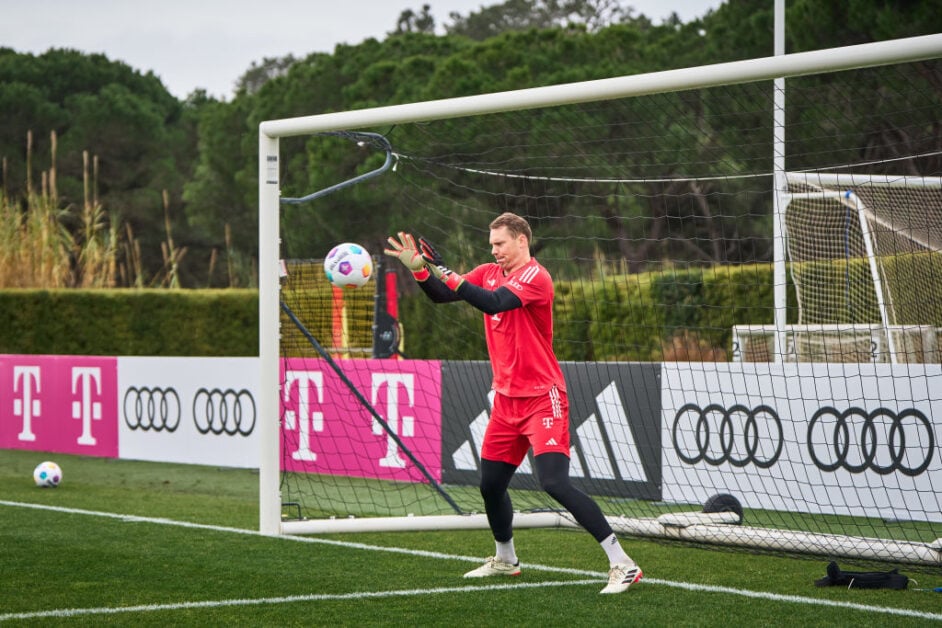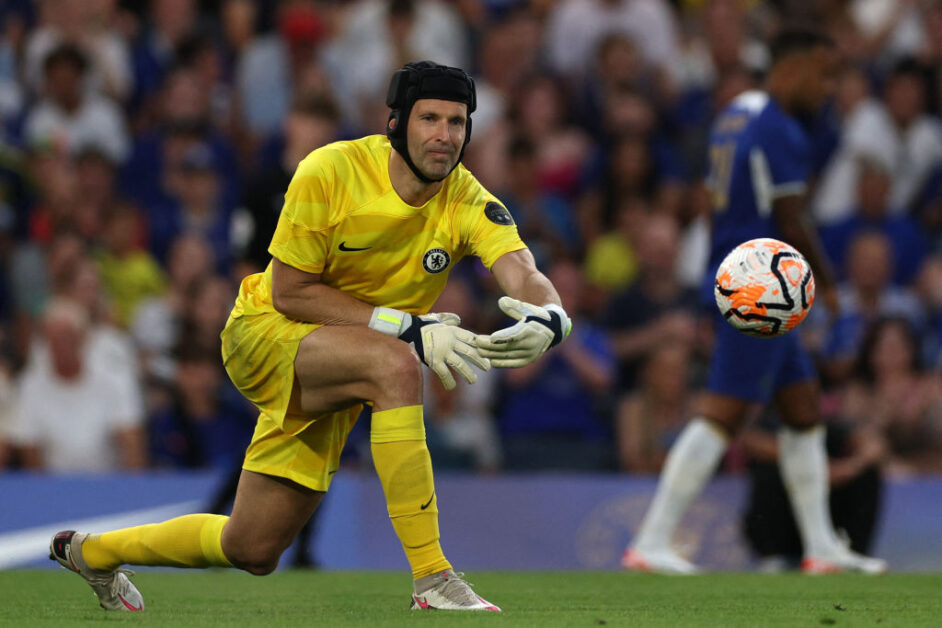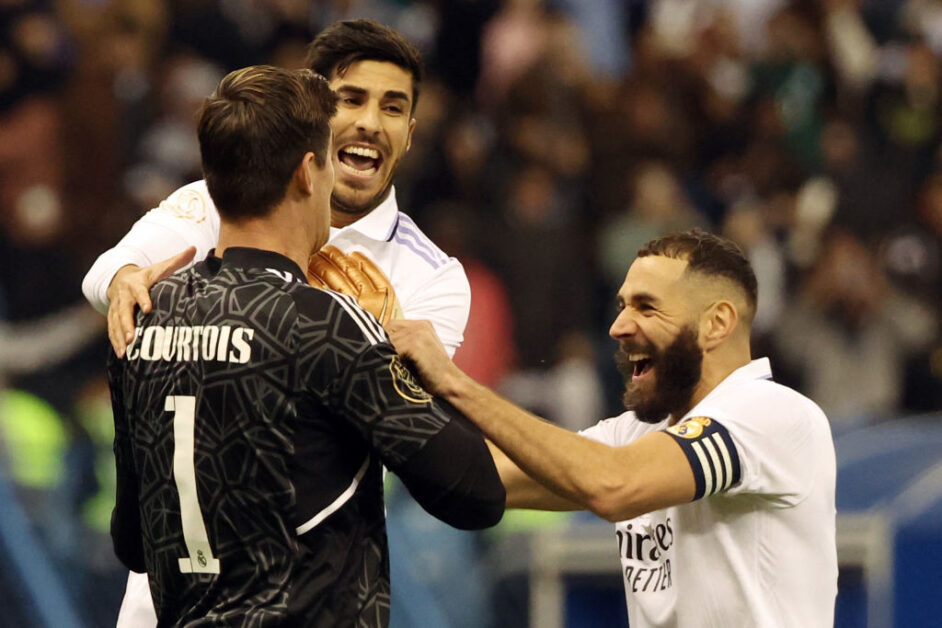Embarking on the journey to become a professional goalkeeper in Europe’s top football leagues is a challenging but rewarding path. It demands not only exceptional physical and technical skills but also a deep understanding of soccer tactics and mental resilience. This article outlines the crucial steps and training needed to achieve this goal, from rigorous physical conditioning and mastering technical skills to understanding the strategic intricacies of the game.
Physical Training and Fitness

The journey begins with rigorous physical training. As a goalkeeper, you need excellent strength, speed, agility, and reflexive movements. Your fitness program should include cardiovascular exercises for endurance, strength training for power, and flexibility workouts. Plyometric exercises like box jumps and agility drills are essential for developing explosive movements and quick direction changes crucial for goalkeeping.
Technical Skill Development
Mastering goalkeeping skills is vital. This includes practicing diving techniques, ensuring you lead with your hands and extend your arms fully for greater range and protection. Perfecting goal kicks for effective match restarts and developing strong communication skills for guiding team defenders are also crucial. Your reaction speed can be enhanced through drills that require quick responses, like catching balls thrown at high speed.

Advanced Goalkeeping Techniques
As you progress, focus on advanced techniques like handling 1v1 situations, dealing with crosses, mastering distribution, and decoding complex situations like penalty kicks and corner kicks. This stage requires understanding the intricacies of the game, anticipating plays, and making critical, game-changing saves.
Understanding Soccer Tactics

A profound understanding of soccer tactics is essential. This includes knowing different defensive strategies, such as man-to-man marking and zone defense, and understanding various team formations. As a goalkeeper, you should be adept at reading the game, adjusting your positioning, and organizing the defense.
Read More: CARLO ANCELOTTI: THE ARCHITECT OF FOOTBALL’S GREATEST MOMENTS
Professional Training and Certification
Consider pursuing specialized training like the UEFA Goalkeeper A Diploma. This comprehensive course prepares you for coaching goalkeepers at all levels in professional football and involves a mix of practical on-field training and theoretical learning, encompassing all aspects of modern goalkeeping.
Consistency and Mental Resilience
Lastly, consistent practice, mental resilience, and the ability to recover quickly from mistakes are key. Watching professional goalies, getting professional training, and plenty of practice will lead to mastering advanced goalkeeping techniques.
Remember, becoming a professional goalkeeper is a journey that requires time, patience, and consistent effort. Combining general fitness with specific goalkeeper exercises and a strong tactical understanding of the game will significantly improve your chances of playing in Europe’s top leagues.

